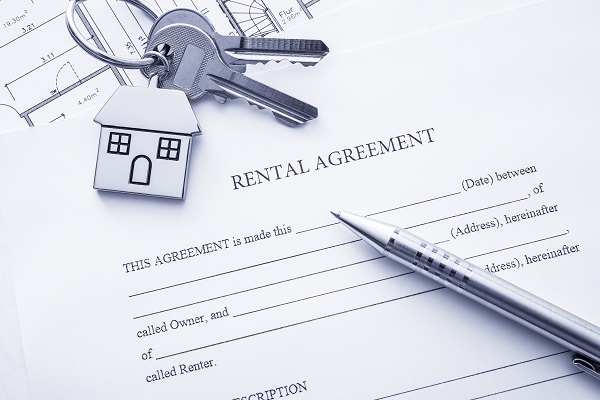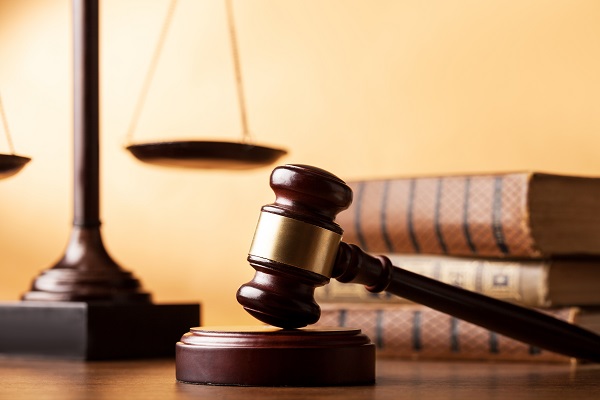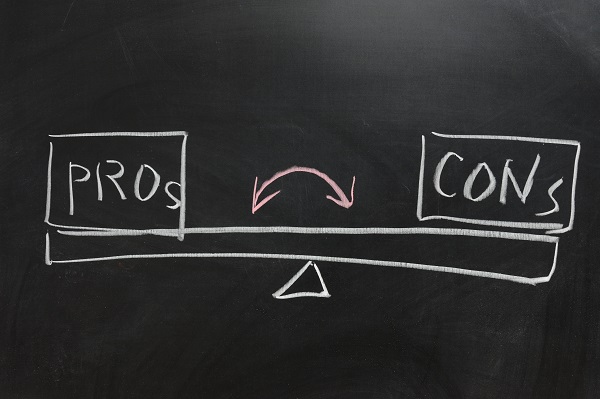
A tenant leasing commercial property may want to retain the right to assign or sublease a portion of the property at some time in the future. Discussed below are some…

A tenant leasing commercial property may want to retain the right to assign or sublease a portion of the property at some time in the future. Discussed below are some…

Electronic information presents numerous challenges and issues when it is sought by litigating parties in discovery. Amendments to the Federal Rules of Civil Procedure (the Rules) and changes to state…

For many years, the California Environmental Quality Act (CEQA) has encountered controversy and criticism from developers and real estate speculators who argue that the restrictive statute limits their rights to…

When negotiating a residential lease, there are certain matters to be sure you discuss with your landlord and expressly include in the lease agreement. Failure to address some of these…

As a business owner, signing a personal guaranty can threaten the liability protection you have attained through incorporation or establishing a limited liability corporation. A personal guaranty is a promise…

Under the California Environmental Quality Act (CEQA), state and local agencies must undergo a required analysis and disclosure of the environmental effects of proposed projects and devise a plan to…

Mediation and arbitration offer significant advantages over traditional litigation. These forms of alternative dispute resolution may help parties avoid the considerable time and expenses associated with going to court to…

An easement grants a party a non-possessory interest in the property of another individual. An easement can be created in a variety of ways to benefit the parties, such as…

If you own a newly constructed home in California and discover a defect, you may have grounds for recovery against the builder. A construction defect refers to any deficiency in…

One of the key hurdles in environmental litigation is whether the plaintiff has standing to bring a lawsuit. Standing refers to the legal requirement that only parties with a real…